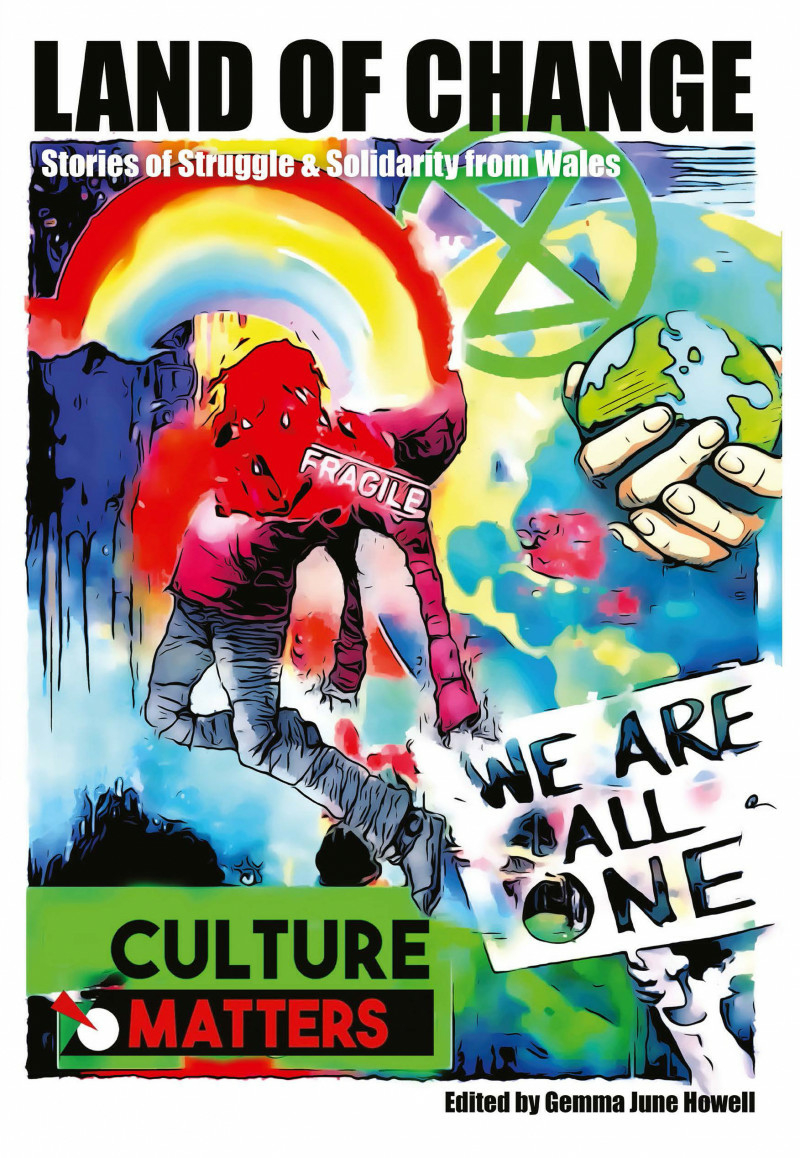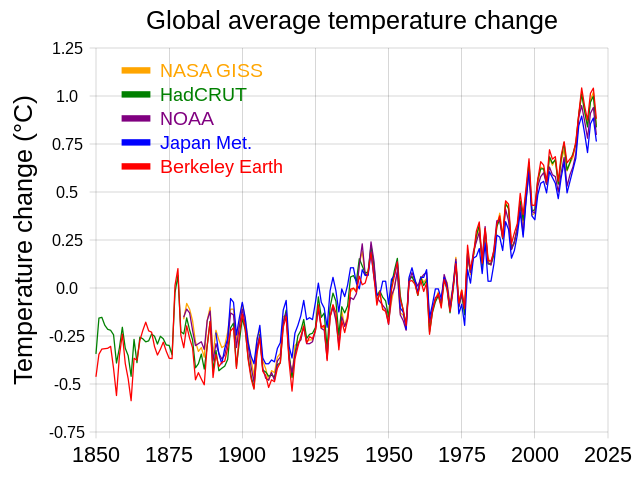AUSTIN, Texas – In new polls conducted mostly in the week before the US Supreme Court opinion overturning Roe v. Wade, the University of Texas / Texas Politics Project poll finds that only 15% of Texans support a complete ban on access to abortion. While 37% of Texas voters support the state’s trigger law that would ban abortion in most cases in the wake of the Supreme Court’s ruling, no more than 36% would prevent all access to legal abortion across various circumstances .
The poll surveyed 1,200 registered voters in Texas that represent the demographic characteristics of the state’s population between June 16 and June 24.
“This is just the latest in a long line of poll results showing that most Texans oppose making abortion legally unavailable,” said James Henson, director of the Texas Politics Project at UT Austin and co-founder the voting project. “The efforts of the US Supreme Court and Texas political leadership to limit access to abortion, especially in cases of rape and abortion, go far beyond what the majority of Texas voters support.”
The poll also found that the attitudes of a majority of Texans toward gun control measures remained the same and expressed support for gun control measures of similar magnitude to polls conducted before the Uvalde school shooting. Seventy-eight percent supported expanded background checks on all gun purchases in the United States, including at gun shows and during private sales, while 16% opposed such changes. When asked about allowing courts to “require a person determined to be a risk to themselves or others to temporarily surrender guns in their possession,” commonly known as the “red flag law,” 66% said support while 24% oppose.
Texans’ views on mass shootings show the continuing divide in attitudes, especially across partisan lines. Half of Democrats polled said existing gun laws are the most to blame factor for mass shootings in the US, while the factors most often cited by Texas Republicans included “the failure of the mental health system to identify dangerous individuals” ( 25%) and “unstable family situations” (21%). In contrast, only 6% of Republicans cite current gun laws as the most important factor in mass shootings.
“It’s not surprising to find Democratic voters in favor of stricter gun laws,” said Joshua Blank, director of research at the Texas Politics Project. “And while it may seem paradoxical, most Texas Republicans support gun ownership and blame mass shootings on factors other than current gun laws — but large proportions also support many of the gun safety proposals most obvious, like universal background checks and red flag laws.”
When it comes to the economy and the direction of the state and the country, many Texans have negative views, including the largest shares of negative responses in the poll’s history – 59% said the state is on the wrong track, compared with 31% saying the province was going in the right direction.
Economic conditions play a large role in the negative mood of Texans as a whole: 53% said their personal economic situation is worse than it was a year ago; 58% said the Texas economy is worse than it was a year ago; and 73% said the national economy was worse than it was a year ago. All three of these are the worst ratings in the history of the UT polling project.
Republican candidates continued to lead in the high-profile contests of the 2022 Texas election. The incumbent Gov. Greg Abbott has a 6-point lead over Democratic challenger Beto O’Rourke among registered voters, 45% to 39%, with 3% choosing third-party candidates and 13% either someone else or remaining undecided. In a replay of the 2018 race for lieutenant governor, incumbent Republican Dan Patrick leads Democratic challenger Mike Collier 38% to 26%, with 11% favoring Libertarian Shanna Steele, and 31% either “ someone else” or remains undecided. Incumbent Attorney General Ken Paxon leads Democratic challenger Rochelle Garza 37% to 29%.
“Texas voters haven’t focused on these races yet, but there’s nothing in the current data to suggest that Democrats are ready for an upset,” said Daron Shaw, a government professor and co-founder of the polling project. “The GOP candidates are leading by anywhere from 6 to 12 points, which is in line with what we would expect from a partisan vote choice in Texas. The big question for Democrats is how to convince voters that the Texas elections are not a referendum on the president and his party.”
Full poll results and methodological information, including questionnaire reporting results, crosstabs, and downloadable results graphics, are available on the Texas Politics Project website.
What is an example of an ideology?
Sociological examples of ideologies include: racism; sexism; heterosexism; ability; and ethnocentrism. This may interest you : These friends saved the crops that went to waste and helped make food waste and millions of meals.
What would be some examples of ideological reasons? As societies changed throughout history, so did the ideologies that justified systems of inequality. Sociological examples of ideologies include: racism; sexism; heterosexism; ability; and ethnocentrism.
What are the different types of ideology?
There are two main types of ideology: political ideologies, and epistemological ideologies. Political ideologies are sets of ethical ideas about how a country should be run. Epistemological ideologies are sets of ideas about philosophy, the Universe, and how people should make decisions.
What are some famous ideologies?
Content
- 1 Anarchy (type of ideologies) 1. To see also : All Politics Must Be Local – And Response.1 International political. …
- 2 Communism. 2.1 International political. …
- 3 Conservatism. 3.1 International political. …
- 4 Environmentalism. 4.1 International political. …
- 5 Fascism. 5.1 General. …
- 6 Feminism and identity politics. 6.1 International political. …
- 7 Liberalism. …
- 8 Nationalism.
In which of the following ways does liberalism in the common sense differ from classical liberalism strictly speaking quizlet?
In which of the following ways does libertarianism in the ordinary sense differ from classical libertarianism strictly speaking? Liberalism favors a strong role for government in promoting economic equality and social justice. To see also : The Americans shared what the US stands for this Fourth of July. Which party dominated Texas politics for a century following Reconstruction?
What political ideology is the United States? American political ideologies typically fall along the left-wing political spectrum, with most Americans identifying as liberal, moderate, or conservative.
What is conservative ideology?
They promote low taxes, free markets, deregulation, privatization, and reduced government spending and government debt. Social conservatives see traditional social values, often rooted in religion, as threatened by secularism and moral relativism.
What are the two distinguishing characteristics of political socialization quizlet?
What are the two distinguishing features of political socialization? Political socialization is cumulative, and is most developed during childhood. set limits on government action. usually cumulative; political beliefs acquired earlier in life tend to be largely retained.
What is State aid in agriculture?
State aid is defined as “any aid given by a member state or through state resources in any form which distorts or threatens to distort competition by favoring certain undertakings or the production of certain goods and which affects trade between member states” .
What was the basic philosophy of conservatives?
The conservatives favored tradition, culture and nationally defined beliefs and practices and they believed that these factors drove external changes in society. The basic philosophy of the conservatives was that they emphasized the importance of tradition and established institutions and practices.
What are the ideas of conservatism? They promote low taxes, free markets, deregulation, privatization, and reduced government spending and government debt. Social conservatives see traditional social values, often rooted in religion, as threatened by secularism and moral relativism.
What was the philosophy of conservatives?
Traditional conservatism is a political philosophy that emphasizes the need for principles of natural law and a transcendent moral order, tradition, organic hierarchy and unity, agrarianism, classicism and high culture as well as intersectional circles of loyalty.




